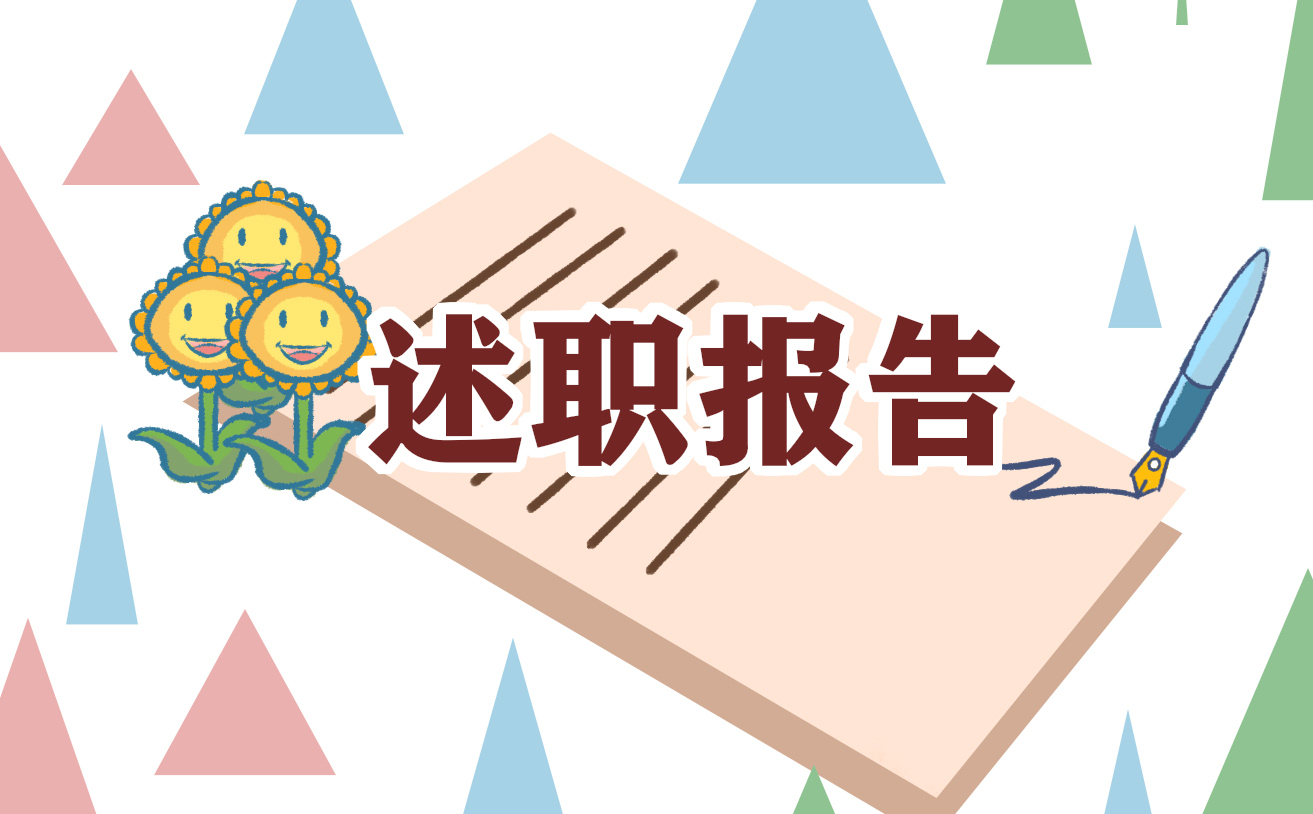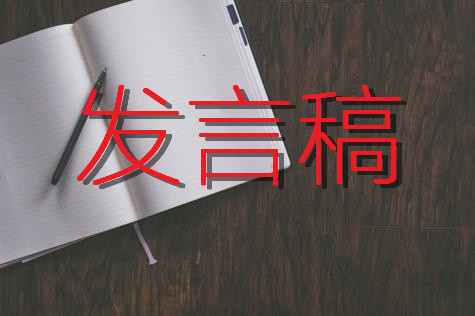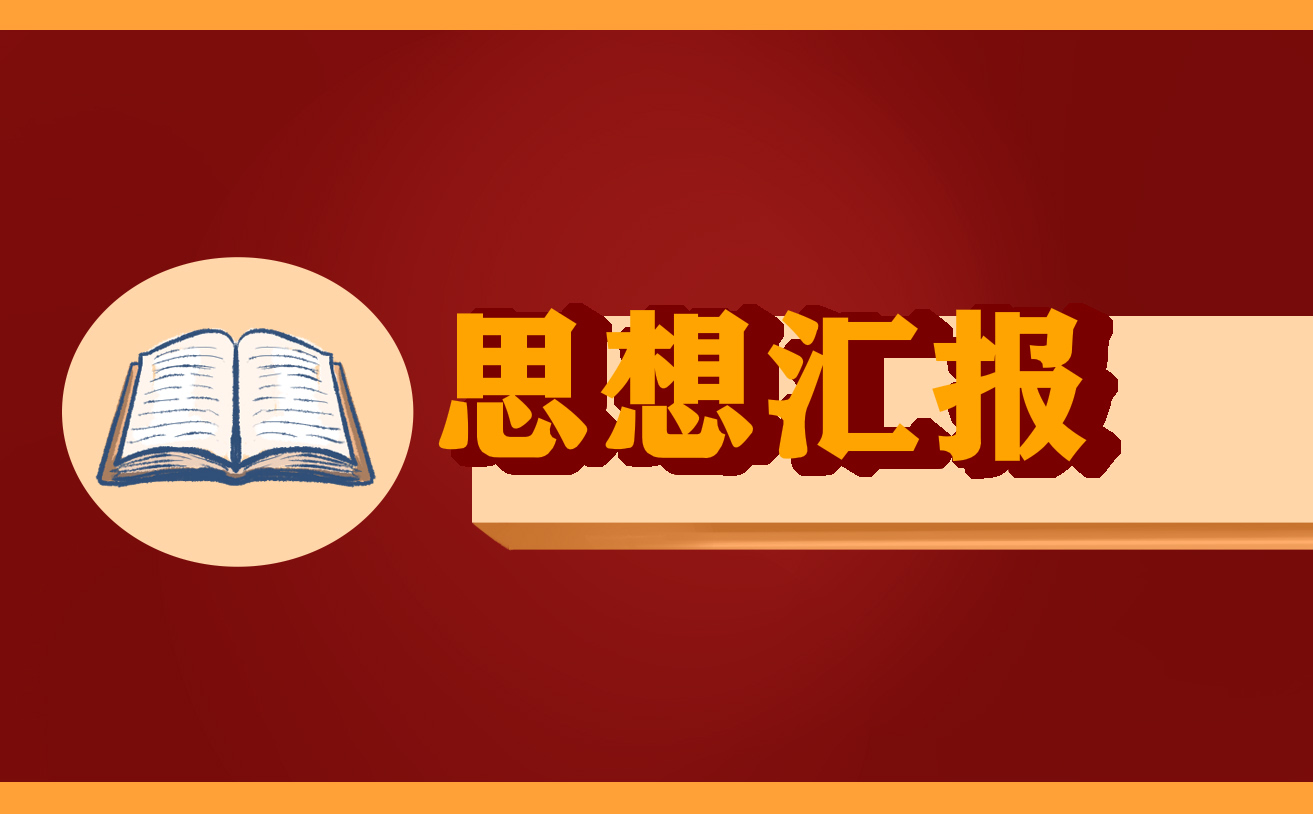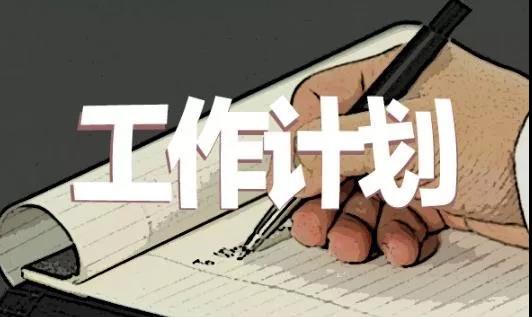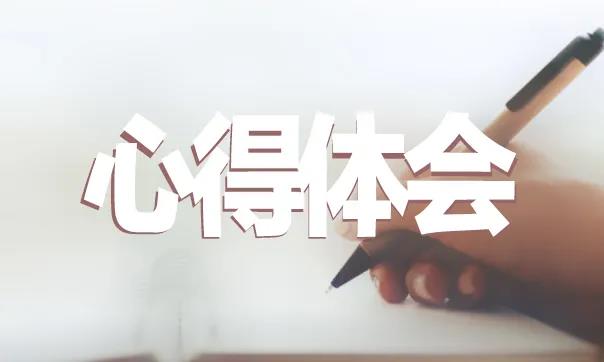日落日升,斗转星移,回首往昔,历史为我们留下了太多的系念和玄想,而这“岁时礼俗”就是其中之一。比如,春节习俗成了我国最大的传统民俗节日。春节在古都更受到人们普遍重视,由此也形成了一套完整的春节习俗。农历的正月初一为春节,俗称“过年”。春节原起于殷商时期年头岁尾的祭神祭祖活动。古代的春节称:“元日”、“元旦”。辛亥革命后,才把正月初一正式定名为春节。
Looking back on the past, history has left us too many thoughts and mysteries, and this "etiquette at the age of" is one of them. For example, the custom of Spring Festival has become the largest traditional folk festival in China. Spring Festival has been paid more attention in ancient capital, which has formed a complete set of Spring Festival customs. The first day of the first lunar month is the Spring Festival, commonly known as "new year". The Spring Festival originated from the worship of gods and ancestors at the end of the year in the Yin and Shang Dynasties. The ancient spring festival is called "New Year"s Day" and "New Year"s Day". After the 1911 Revolution, the first day of the first lunar month was officially named the Spring Festival.
就北京地区来说,从腊月初八家家户户要泡腊八醋(蒜),就开始有了“年味”。民谣讲:“老太太别心烦,过了腊八就是年。腊八粥,喝几天?哩哩啦啦二十三……”,腊月二十三又称“小年”。有一首歌谣唱道:“糖瓜祭灶,新年来到,丫头要花,小子要炮……”。从这一天开始,北京人更加忙活了,要祭灶,扫房子,蒸馒头,置办年货,贴“福”字,贴年画,剪窗花(),贴对联。贴门神,贴挂钱,一直忙活到除夕,开始过大年。
As far as Beijing is concerned, there has been a "New Year"s taste" since the beginning of the lunar month when eight families want to brew Laba vinegar (garlic). The ballad says: "don"t be upset, old lady. It"s the year after Laba. How many days is Laba porridge? Li Li cheers 23...... " , December 23 is also known as "Xiaonian". There is a ballad that says: "sweet melon sacrifice to kitchen, new year"s day comes, girl wants to spend, boy wants gun...". From this day on, Beijingers are more busy, offering sacrifices to kitchen, cleaning houses, steaming steamed bread, buying new year"s goods, pasting the word "Fu", pasting New Year"s pictures, cutting window flowers and pasting couplets. Stick door god, stick money, have been busy until new year"s Eve, began to celebrate the new year.
北京人总是把“福”倒着贴在门里、衣柜、水缸上,寓意着福到了。贴春联也有许多讲究,一般百姓家贴红色春联,门楣上贴“横批”,内廷、王公府第,一律用白宣纸镶红边;
守制者(有父、母丧者)则要用蓝纸;
庙宇用黄纸。春联最早始于五代时的后蜀。据说当年蜀太子在本宫门上提写“天垂余庆、地接长春。”八个大字,这就是中国最早的一副春联。北京人在屋内廷贴上“抬头见喜”,屋外贴上“出门见喜”,院内贴“全院生辉”等春条。
Beijingers always stick "Fu" upside down on the door, wardrobe and water tank, implying the arrival of Fu. There are also many things to pay attention to when pasting spring couplets. Ordinary people paste red spring couplets on the lintels, and the inner court and the prince"s houses are all inlaid with white Xuan paper with red edges. Those who keep the system (those who have lost their father or mother) use blue paper, and those who have lost their mother use yellow paper. The Spring Festival couplets began in the Five Dynasties. It is said that in those days, the prince of Shu wrote on the gate of his palace, "the sky falls for the rest of the year, and the earth connects Changchun." This is the first spring festival couplet in China. Beijingers put up spring strips such as "looking up to see happiness" in the inner court, "going out to see happiness" outside the house, and "the whole hospital is bright" inside the house.
过去大多数老北京人家都供有佛龛或神像,到了年三十最讲究的要摆上九堂大供;
有成堂的蜜供,成堂的套饼、花糕的面鲜,成堂的水果、成堂的干果、花糕大小八件,年糕年饭,素饺子(或蒸食),素炒菜(或炸食)。家境不好的也要摆三堂或五堂供品。北京人过年讲得就是吃喝玩乐,以吃为主。这些供品实际上也是为人准备的。
In the past, most people in old Beijing provided niches or deities. By the thirties of the new year, the most important thing was to put on the nine hall big offerings. There were the honeyed offerings, the cakes and pastries, the fruits, dried fruits and pastries, eight pieces in size, the rice, dumplings (or steamed food), stir fried vegetables (or fried food). If you have a bad family, you should also place three or five offerings. Beijing people talk about eating, drinking and playing in the new year, mainly eating. These offerings are actually for people.
北京人除夕晚上的年夜饭(又称团圆饭)是必不可少的,也是全年最丰盛的一次晚餐。除夕的年嬉饭要荤素一起上。有冷荤、大件和清口菜。冷荤有冷炖猪、羊肉、冷炖鸡、鸭。大件有:红烧肉、扣肉、米粉肉、红白丸子,四喜丸子。清口菜一般都是豆腐、青菜、罗十、咸菜佛手等。主食多以荤素睡觉为主。
The new year"s Eve dinner (also known as reunion dinner) of Beijing people is indispensable and the most abundant dinner of the year. New year"s Eve"s new year"s dinner should be served with meat and vegetables. There are cold meat, big dishes and clean dishes. There are cold stewed pig, mutton, chicken and duck. The big ones are: braised pork, braised pork, rice flour meat, red and white meatballs, four happiness meatballs. Qingkou dishes are generally tofu, green vegetables, Luoshi, pickled bergamot, etc. The main food is mainly meat and vegetable sleeping.
北京人除夕和正月初一都要吃饺子,取其“更岁交子之义“。还总是把饺子包成元宝形,在饺子中放进糖、铜钱、花生、枣、栗子等。如吃到糖的,意味着日后生活甜蜜;
吃到铜钱意味着有钱花;
吃到花生意味着长寿,因花生又名长生果,吃到枣和栗子的意味着早立子……
Beijing people eat dumplings on New Year"s Eve and the first day of the first month, taking the meaning of "making friends when they are older". Also always dumplings into a Yuanbao shape, in dumplings into sugar, copper money, peanuts, dates, chestnuts and so on. If you eat sugar, it means sweet life in the future; if you eat copper money, it means rich flowers; if you eat peanuts, it means long life, because peanuts are also called longevity fruits, if you eat dates and chestnuts, it means early fruit
北京春节的习俗真有趣!
The custom of Spring Festival in Beijing is so interesting!
